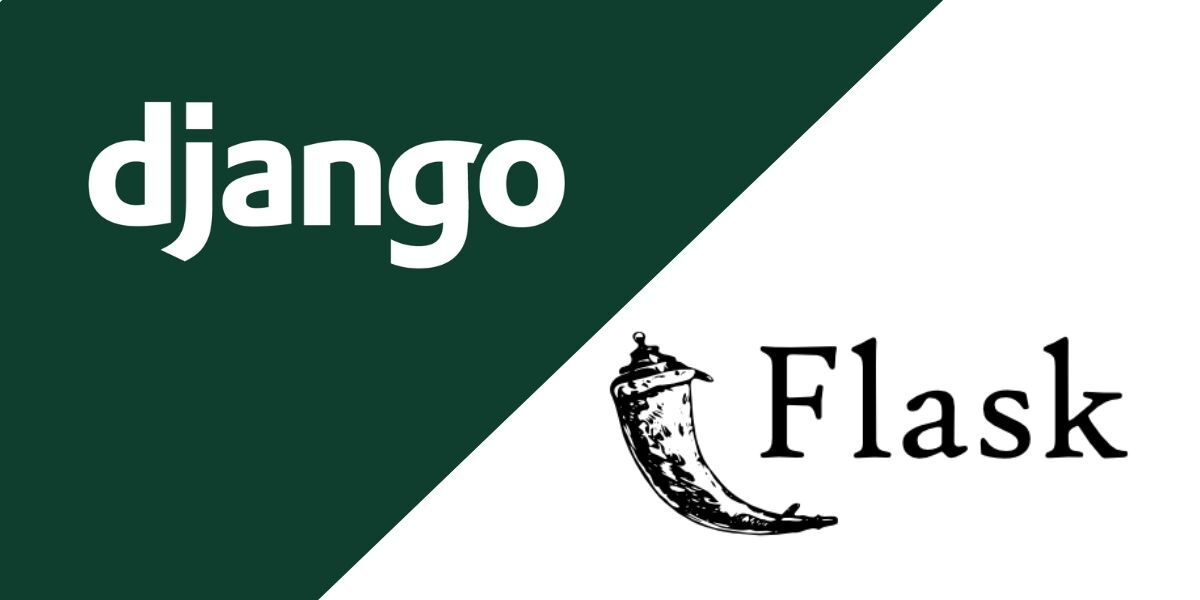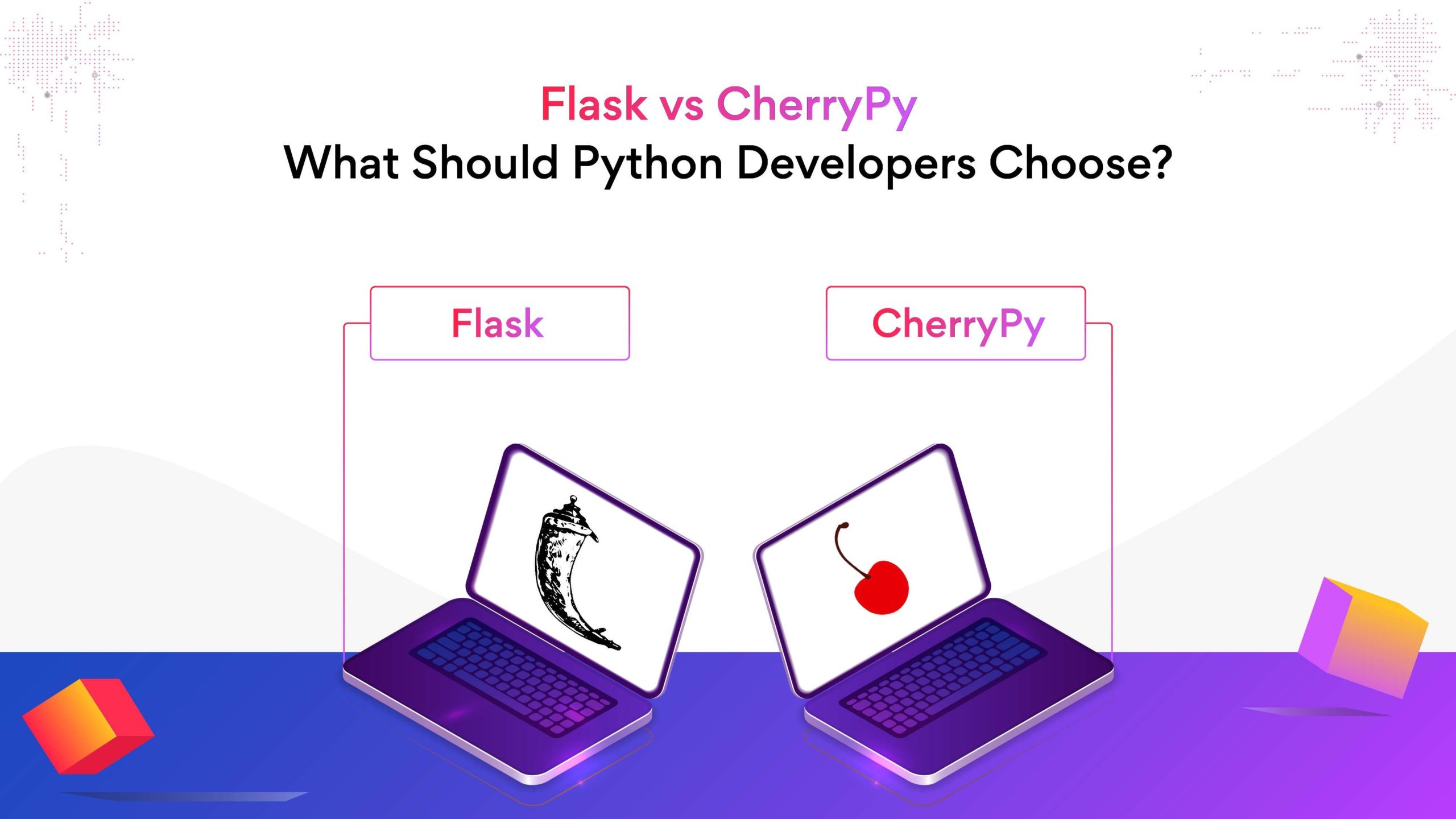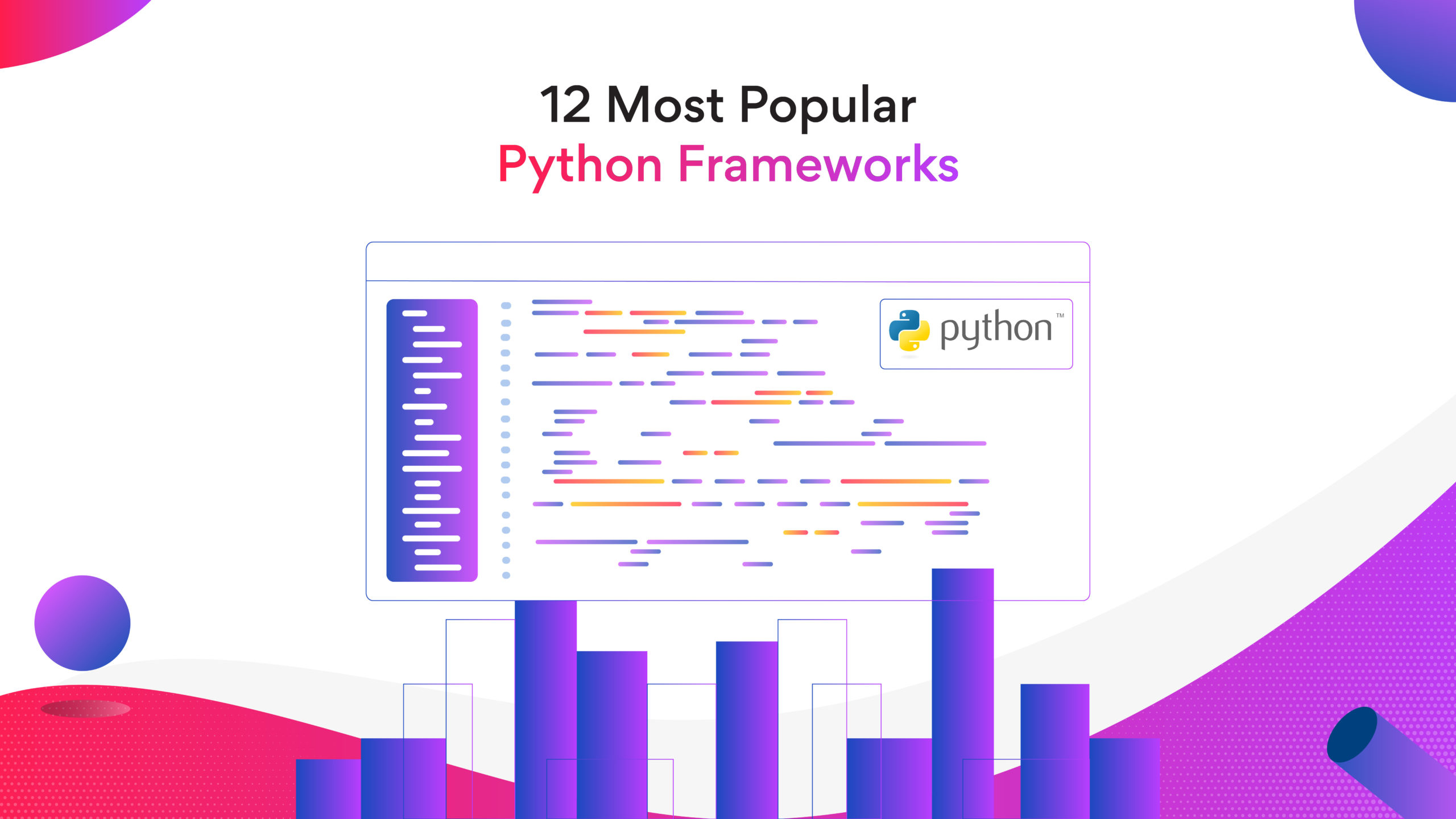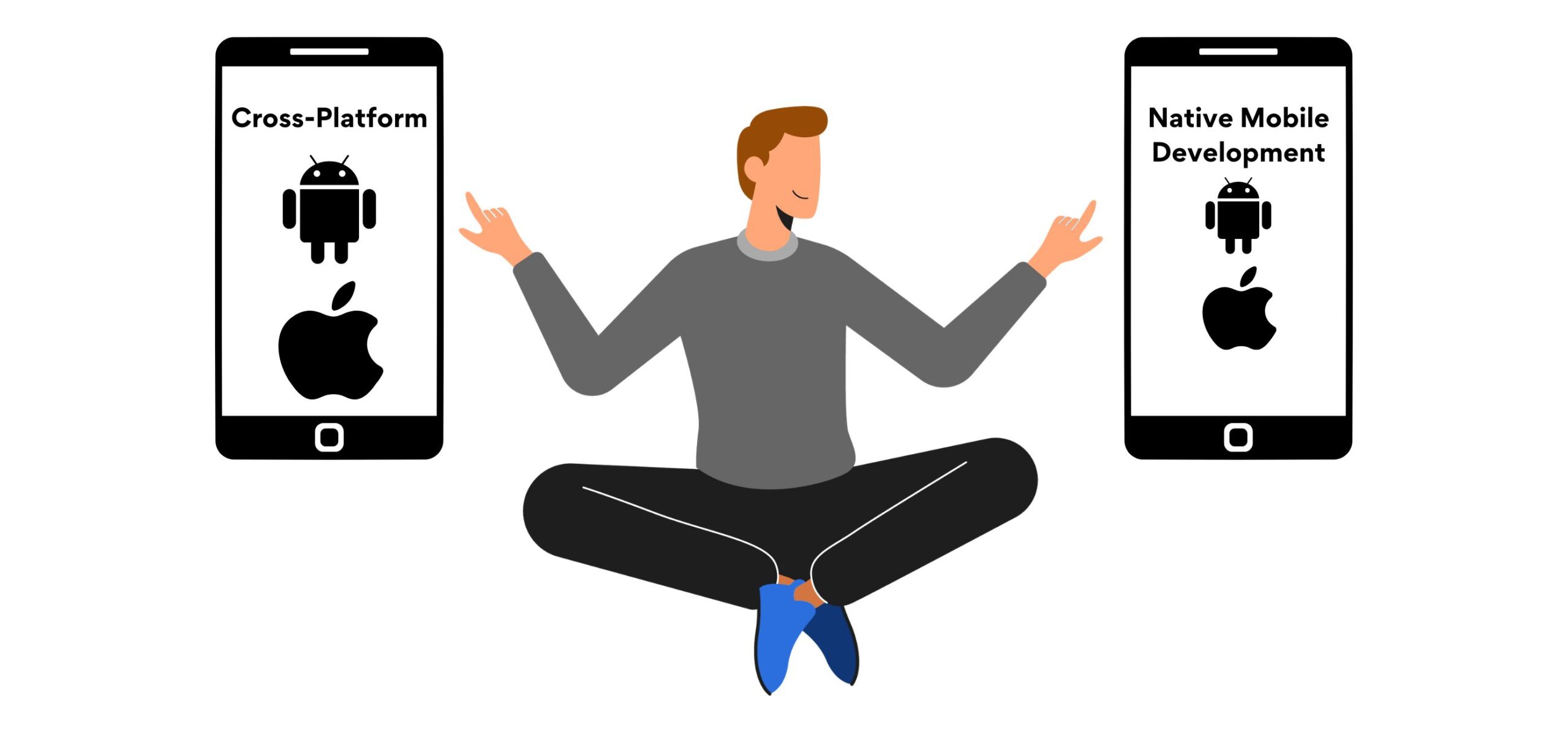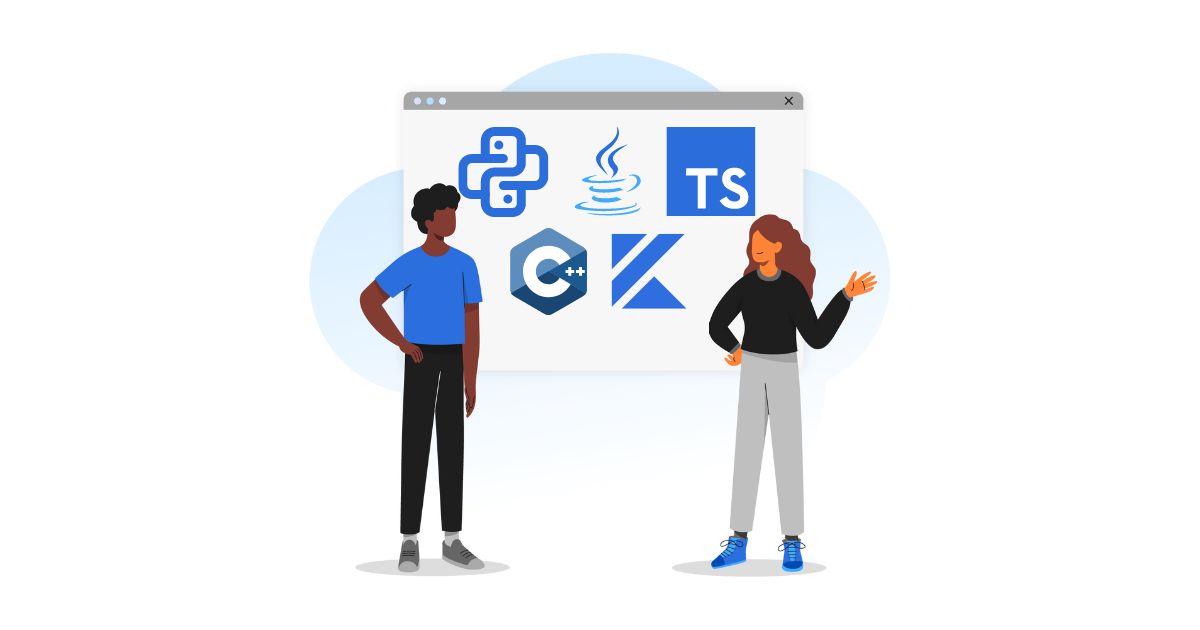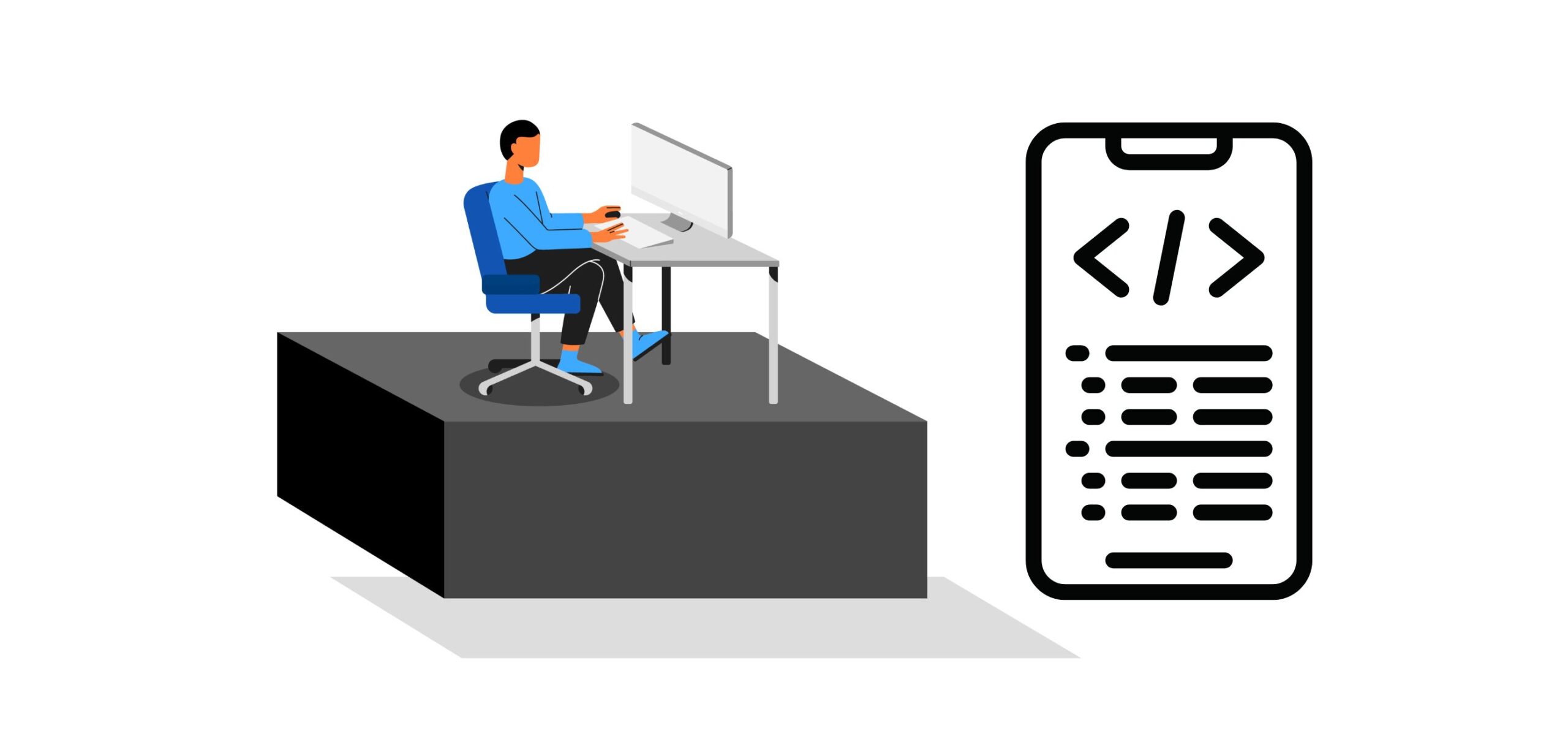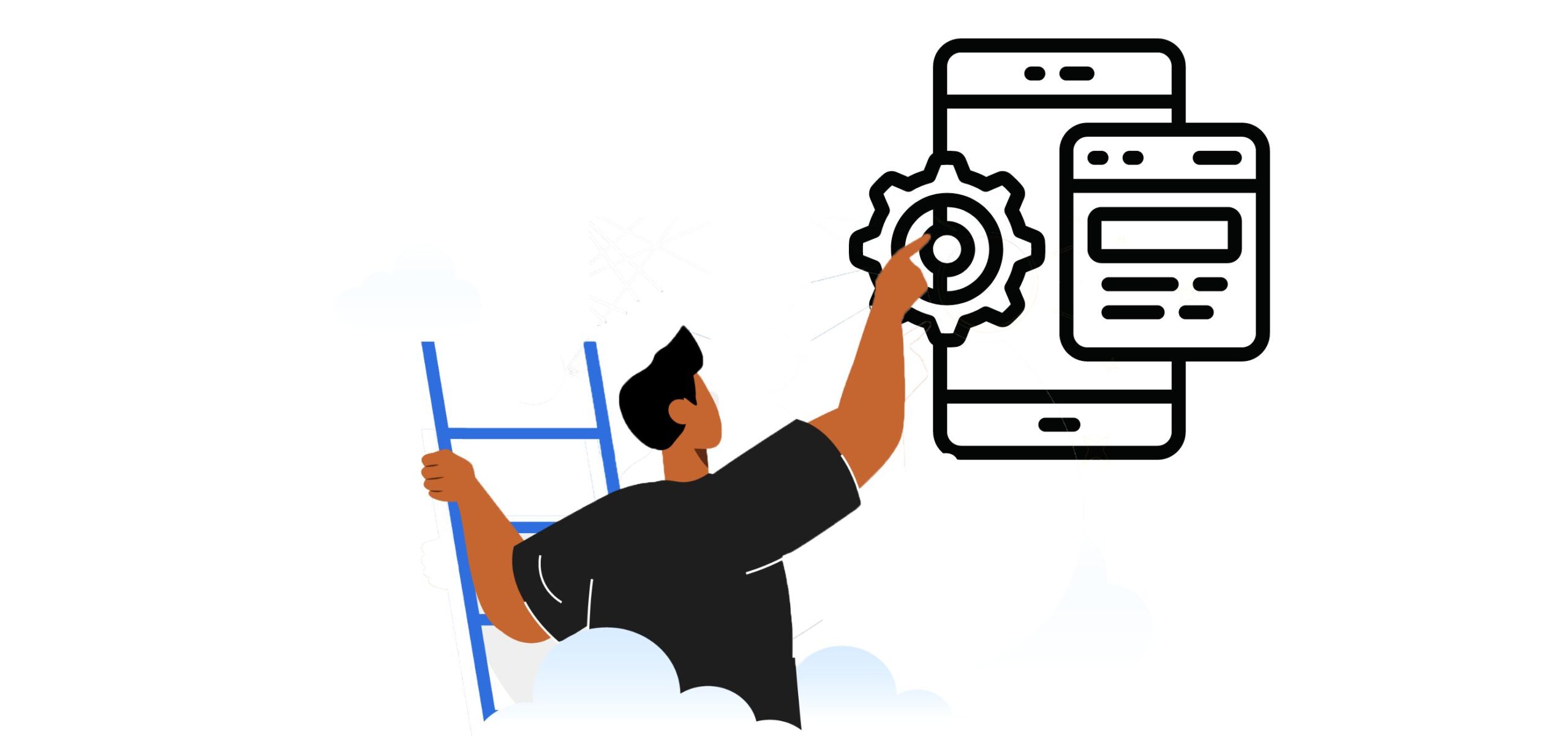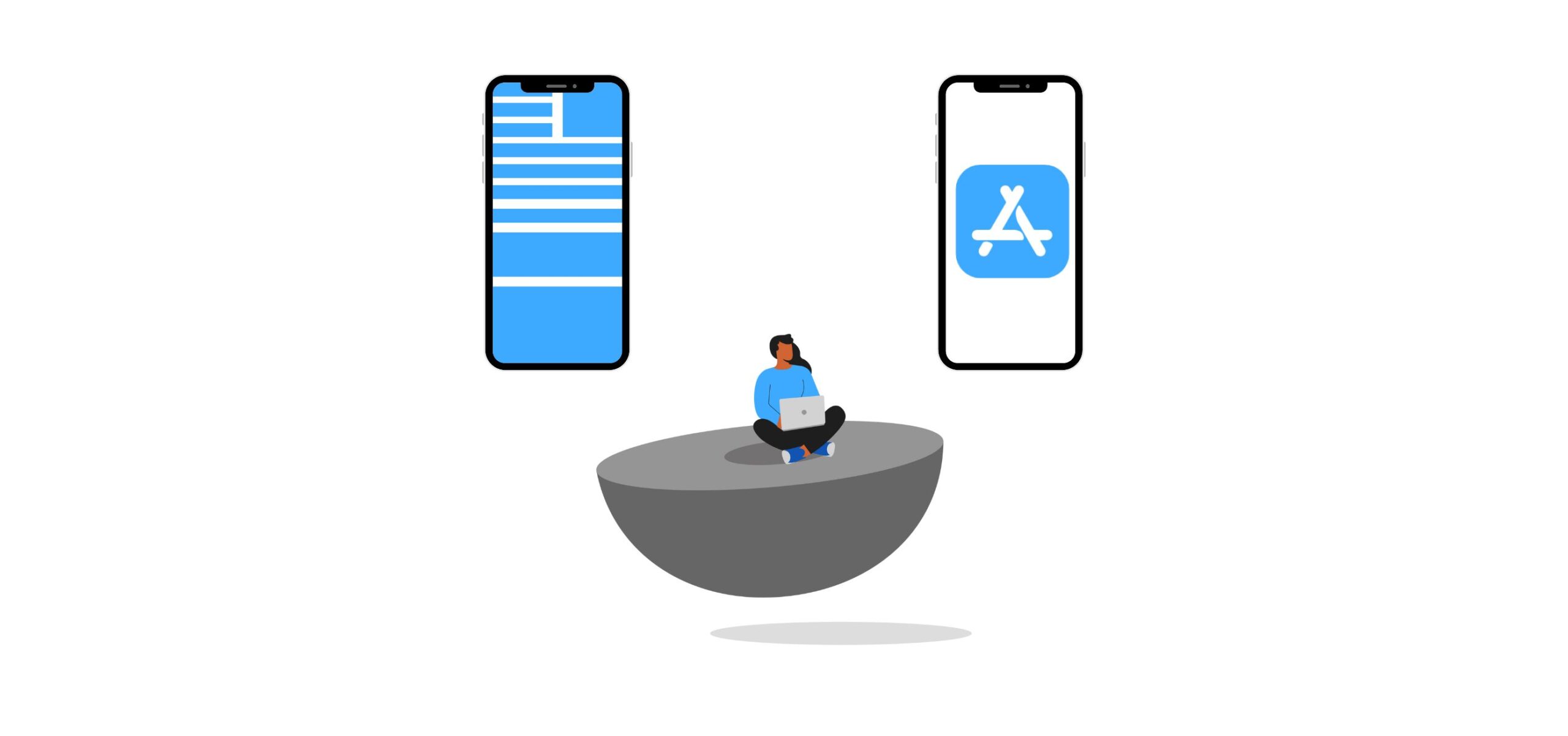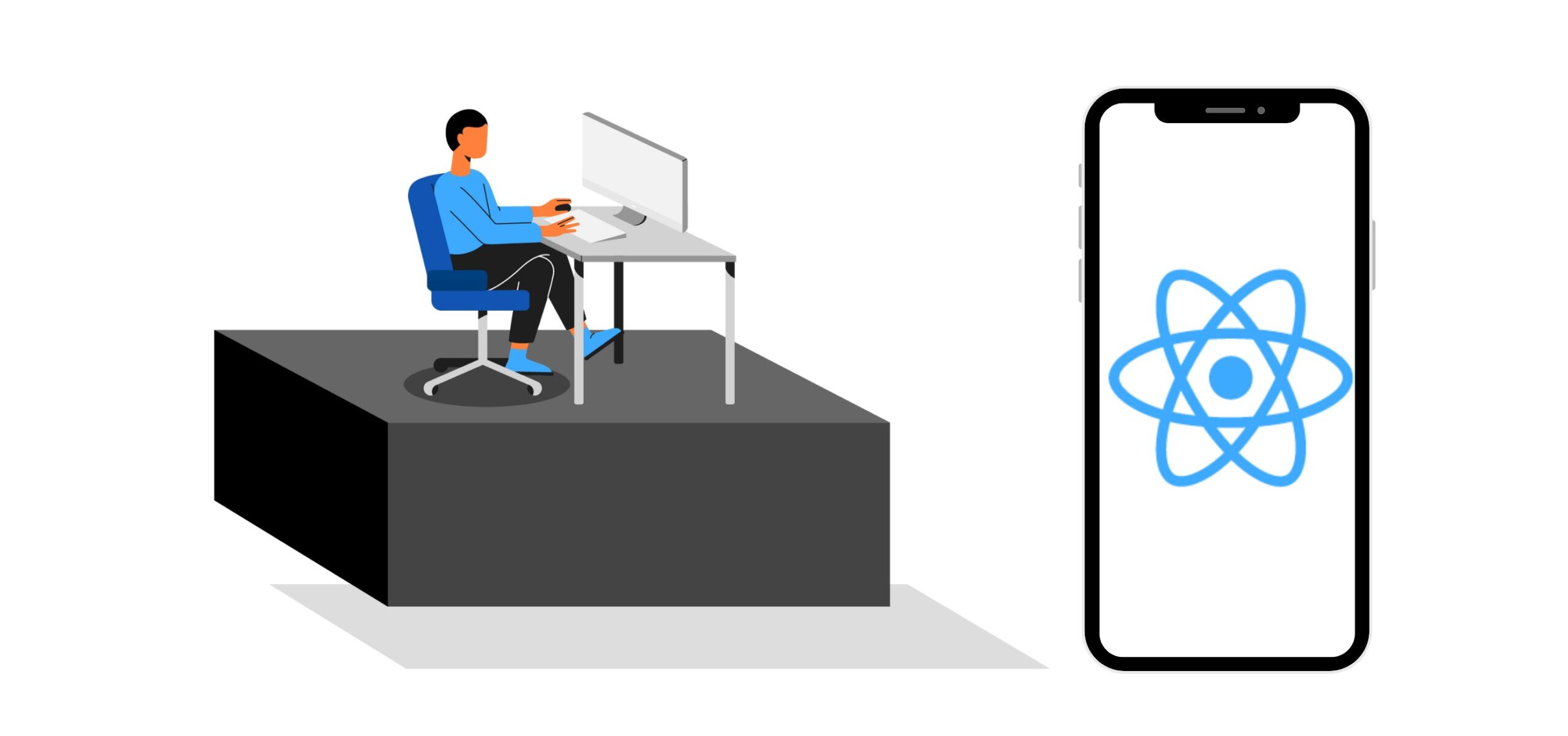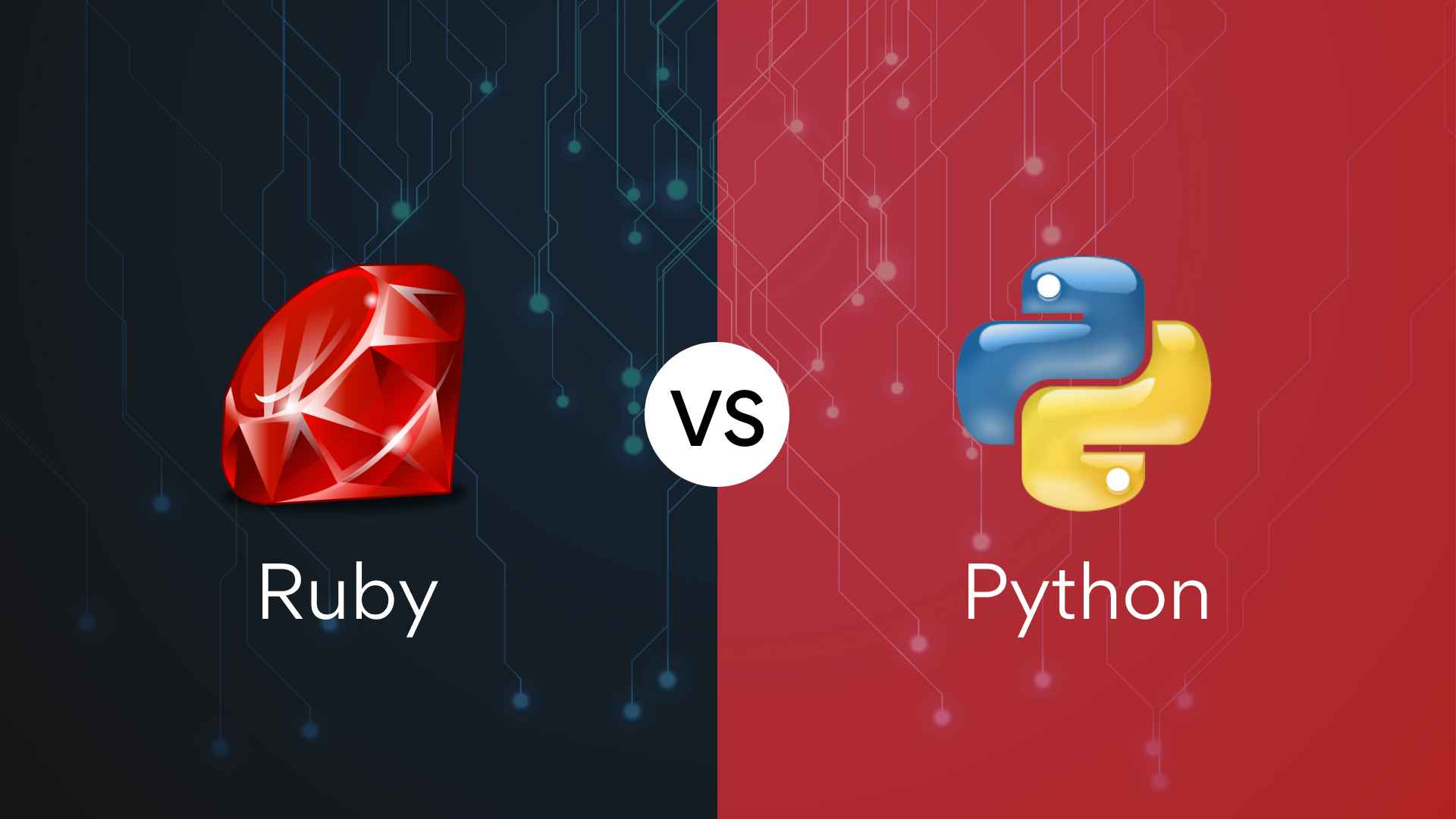Django vs. Flask: Which Framework to Choose?
Django vs Flask, which of these two Python frameworks is better for web development? Many Python-based web frameworks make it easy for developers to create scalable apps quickly. These frameworks can handle everything from simple to complicated websites.
Django vs Flask is a popular debate topic because both languages are similar in many ways.
In this post, we’ve provided an overview of Django vs. Flask to help you understand the applications of each.
Let’s dive in.
Django vs Flask: What is Django?
Django is a web framework for rapidly developing applications. Two programmers at the Lawrence Journal-World newspaper, Adrian Holovaty, and Simon Willison, built Django in 2003 when they grew tired of PHP and moved to Python.
Named after the musician Django Rheinhart, the duo created Django to make Python more scalable in the long run. Initially, Django was intended to be only a Content Management System (CMS).
Django uses the model-template-views (MTV) architectural paradigm, a software design that separates the business logic from the user interface (UI). The model is in charge of the data, whereas the template is in charge of the user interface. The view carries data and renders the template by executing the logic and collaborating with the model.
Django promotes component reusability and pluggability, less code, low coupling, rapid development, and the idea of “Don’t Repeat Yourself” (DRY).
When should you use Django?
Django allows users to construct web applications quickly. As a result, users can speed up complicated web development using Django. Django was even named one of the top 10 frameworks for web app development in the Stack Overflow 2020 Developer Survey.
Django allows developers to create user interfaces and work on back-end processes such as server-side scripting, database querying, and API development.
Which companies use Django?
Here’s a list of a few companies that prefer Django over Flask:
- Instagram
Django was one of the only technologies that could boost Instagram’s efficiency when the app wanted to scale exponentially. - National Geographic
With their custom-built CMS, NG uses Django to handle their website. The CMS manages the website’s pictures, ads, modules, and other elements. - Pinterest
Django empowers Pinterest to run at a high degree of performance while also scaling as needed.
Django vs Flask: What Is Flask?
Flask is a Python-based microweb framework. It is called a microframework because it does not necessitate using any specific tools or libraries. For example, it doesn’t have a database abstraction layer or other components that rely on third-party libraries to finish tasks.
Armin Ronacher, who led a team of international Python enthusiasts called Poocco, developed Flask.
Deny.py, the first version of Flask, was created as an April Fool’s joke. It was a single file that didn’t require any installation or configuration. The project’s popularity demonstrated that a framework with few-to-no dependencies could be useful, and as a result, Flask was born.
When should you use Flask?
Flask is a back-end web development framework used to create server-side apps. Flask’s most compelling feature is its ability to build apps from the ground up. In addition, Flask provides reduced development time and faster run times.
Which companies use Flask?
Here’s a list of a few companies that prefer Flask over Django:
- Netflix
Netflix is a video-on-demand service that relies on Flask APIs for a lot of its more analytical and infrastructure work.
Related Post: Netflix, GitHub, and Honeycomb.io Use These Metrics for Continuous Improvement - Reddit
Reddit hosts thousands of communities allowing online strangers to connect and converse. Reddit uses Flask extensively to manage its micro pages. - Lyft
Lyft uses Flask to implement its microservices architecture. Lyft’s microservices architecture consists of small services working together to produce a more complicated app.
Django vs Flask: Head-to-head comparison
While Django is a full-featured framework that takes care of a lot of the heavy lifting for its users, Flask gives complete control on a smaller scale.
Django vs. Flask: Here’s a quick rundown of the significant differences between the two.
|
Django vs. Flask: Comparison Parameters |
Django |
Flask |
|
Control |
The most common features that speed up development are already available to developers. |
Developers can investigate the application’s core while maintaining control. |
|
Administration |
Django comes with a customizable admin framework that is ready to use. |
Flask does not have such a tool for handling administrative tasks. |
|
Time |
It has a built-in template engine that saves time during development. |
Flask uses a jinja2 template engine, which uses more time than Django’s engine. |
|
Doability |
It allows users to break down a single project into numerous smaller apps, making them easier to develop and maintain. |
Each project can be a single application with numerous models and views, while the single application can have many models and views. |
|
Accessibility |
Developers may use any database and execute standard DB functions without writing extensive queries, thanks to the built-in ORM technology. |
Developers working with Flask must use ORM systems for Python and SQLAlchemy as the SQL tools to work with various databases. For common jobs, SQL queries must be written. |
|
Load capacity |
Django is a framework that can be used in production (Heavy load tasks) |
Flask is single-threaded and may not perform well under heavy load. |
|
Popularity |
Django is more popular since it comes with a lot of functionality out of the box and speeds up the development of complex applications. |
Flask is a good option if you are starting with web development. Many websites built on Flask see heavy traffic, but not as much as those on Django. |
|
Flexibility |
Django is not ideal for projects with changing requirements. |
With Flask, a simple application can be changed later to add more functionality and make it complex. It provides flexibility to expand the application quickly. |
|
Project size |
Django is best suited for larger projects with a lot of features. But this language may be overkill for simpler applications. |
Simple applications can be built with ease and do not require too much coding. |
|
Complexity |
Django requires more than twice as many lines of code as Flask for the same functionality. |
Flask application requires significantly fewer lines of code. |
Related post: React vs. Angular: Which JS Framework Should You Choose?
Conclusion
Although Django and Flask share many similarities, selecting the correct framework depends on whether you want to work on something simple or complex. But in general, Django outperforms Flask in several areas.
Wish to join top US companies as Django or Flask programmers? Visit Turing.com. You can join the top 1% of 1 million+ software developers and engineers by applying to Turing.
Join a network of the world’s best software engineers and developers & get full-time, long-term remote software jobs with amazing compensation and fantastic career growth.
Join a network of the world's best developers and get long-term remote software jobs with better compensation and career growth.
